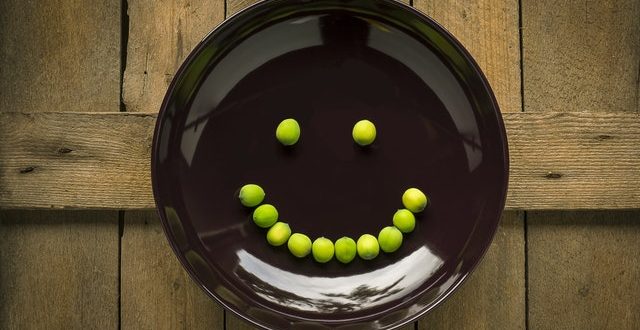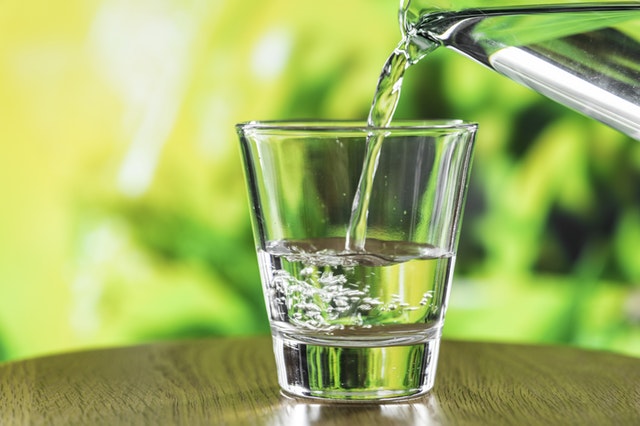It’s important to continually be aware of your mental health state. This is so problems don’t creep up on you and alter your ability to function normally. Awareness is key, but preventative action is what will keep things in balance. This means limiting stress, staying social, and working through any issues you have. It’s also important to keep generally healthy, as physical illness can have a big impact on your mental health. Included in that “healthful” lifestyle are some dietary strategies. Here are my top 4.
Dietary Strategies For Good Mental Health #1: Avoid or Limit Caffeine
I’m not saying you have to give up your morning cup of coffee, but you should know that high levels of caffeine can increase feelings of anxiety, cause insomnia, and even affect your ability to function in social settings. Caffeine also gives you a short term boost in energy followed by a crash, which can seriously affect your mood and make you feel low.
Dietary Strategies For Good Mental Health #2: Supplement Vitamin B
Vitamin B deficiencies have been linked to a variety of health issues including depression, fatigue, and anxiety. If you’re not getting enough vitamin B in your diet, you also have a higher risk of developing mental health issues. It helps to include foods like potatoes, chickpeas, broccoli, spinach, and citrus fruits to your diet. You can also supplement vitamin B with products from companies like Age Immune.
Understand there are different vitamins classified as “B”, so it pays to know the differences. Your healthcare provider can test your specific vitamin B levels if you suspect a deficiency. From there, he or she can recommend a treatment course if needed. Here is a quick guide for B vitamins.
- Vitamin B1 – Thiamin: Energy
- Vitamin B2 – Riboflavin: Adrenal Health
- Vitamin B3 – Niacin: Heart Health
- Vitamin B5 – Pantothenic Acid: Metabolism of Proteins
- Vitamin B6 – Pyridoxine: Production of Neurotransmitters
- Vitamin B7 – Biotin: Metabolic Functions and Skin, Hair, and Nails
- Vitamin B9 – Folic Acid Or Folate: Human Growth, Nerve and Brain Function
- Vitamin B12 – Cobalamin: Development and maintenance of blood and nerve cells
Dietary Strategies For Good Mental Health #3: Folic Acid
You may have heard of folic acid as a B supplement that people take during pregnancy, but it’s important for more than that. Increased levels of folate have been shown to reduce the chances of developing depression in men and women. The best sources of folate are leafy green vegetables like spinach or broccoli, and citrus fruits. There are also some good folate supplements available if you’re struggling to get enough folate-rich foods into your diet.
Dietary Strategies For Good Mental Health #4: Drink More Water
Everybody knows that water is so essential to good health. Simply put, if you’re not drinking enough water, you’re at risk for a laundry list of issues, including mental health problems. Dehydration messes with your metabolism, sleep, heart rate, digestion, so it’s no wonder it affects your mental state as well.
I recommend keeping track of your daily water intake by logging it or carrying a large water bottle with you. Remember, optimally, you want to consume half your body weight in ounces daily. You should increase this if you drink coffee or alcohol.
**** This post is strictly informational and is not meant to replace the advice of your healthcare provider. Women’s lifelink, it’s owners, administrators, contributors, affiliates, vendors, authors and editors do not claim that this information will diagnose, treat, or improve any condition or disease.
 Women's Life Link Be Well, Be Happy, Be YOU!
Women's Life Link Be Well, Be Happy, Be YOU!







